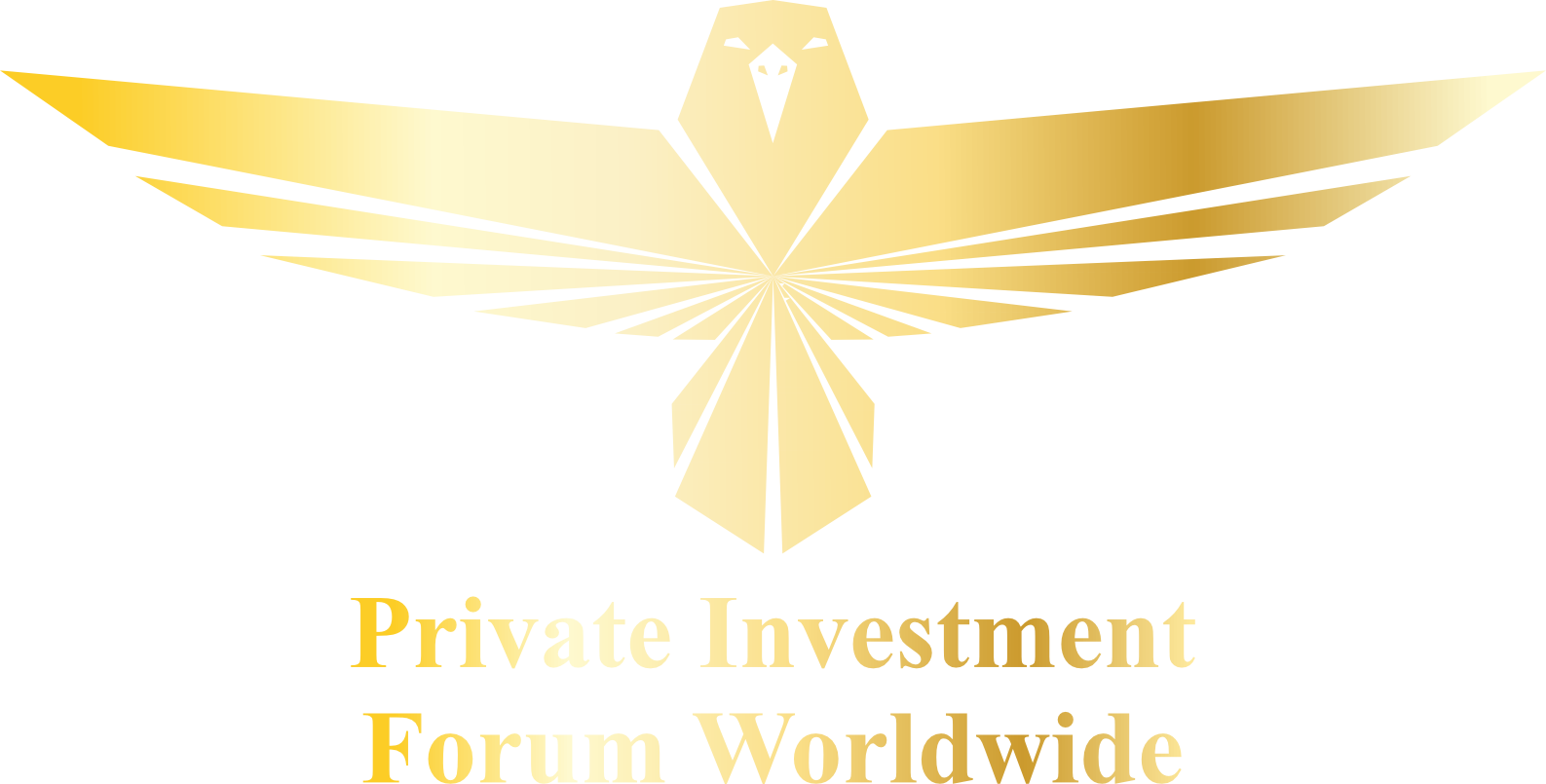
Family businesses are a big deal in Europe, making up more than 70% of all companies there. According to research by European Family Businesses (EFB) and KPMG and data from the Family Firm Institute, these businesses are also key players in the job market. However, there’s a big challenge they face: finding the right balance between keeping their traditional ways and embracing new ideas to stay relevant. The business world is always changing and for family businesses to keep up, they need to evolve too. But often, their methods and values are deeply rooted in traditions that have been passed down for generations. This makes it tricky for them to expand and grow further. Peta Milan, Principal at the Henmil Group Family Office in the UK spoke about this during a Family Office Gathering by the Global Investment Leaders Club (G.I.L.C.). She mentioned that family businesses go through different challenges and opportunities as they age, which means they constantly need to rethink and refresh their core values. With the average lifespan of a European family business being 24 years, it’s critical for them to strike a balance between their traditional values and innovative strategies. This isn’t just a good practice; it’s necessary for their survival. This article will explore this often overlooked aspect of European family businesses, looking at how they manage to keep their legacy alive while adapting to new changes to thrive in a fast-paced world.
The Weight of Tradition: A Legacy Engrained
Europe’s family businesses have a long and impressive history, with famous examples like Beretta, the Italian gun manufacturer founded in 1526, showing how tradition is at their core. Another example is LVMH, the French luxury goods giant, which started with Moët & Chandon in 1593. These companies are more than just businesses; they’re part of their country’s culture, keeping local traditions, values and ways of life alive. They’re known for passing their legacy from one generation to the next, proving their dedication to lasting a long time. In fact, about 35% of the biggest companies in the world are family-owned, according to the Conway Center for Family Business. And, a study by the Family Business Institute found that 88% of family business owners think their business will stay in the family for at least five more years. This shows that tradition is not just about keeping the business going but also about passing on values and ways of doing things. But, holding on to these traditions while also trying new things can be tricky. These businesses have to respect their past and the hard work of those who came before them while also being open to change and innovation to stay current and competitive.
The Imperative of Innovation: Securing Future Viability
Today, with technology changing fast and markets going global, European family businesses are at a crucial point. They need to innovate to stay in the game. Research from the Family Firm Institute shows that family businesses that focus on innovation are 6% more likely to go global, proving how important innovation is for competing worldwide. Peta Milan, Principal at the Henmil Group Family Office in France highlighted this at a Family Office Gathering, saying, “Innovation isn’t just a buzzword; it’s about being open to new ideas and ways of doing things.” This is backed up by a PwC survey, which found that 70% of family businesses are planning to make digital changes in the next 2-5 years, showing they see innovation as key to their future. Innovation isn’t just about keeping up with market trends; it’s also vital for attracting and keeping talented people. An EY report found that 70% of family businesses struggle to attract young workers without a strong focus on innovation. In a world where people want to work in dynamic and creative places, being up-to-date is crucial for bringing in and holding onto talent. So, innovation isn’t just a nice-to-have; it’s a must-have for long-term success and growth. It’s about staying competitive and bringing in the people needed for future success. Family businesses face the big task of innovating while keeping true to their roots, a balance that’s essential for protecting their legacy into the future.
Striving for Balance Between Tradition and Innovation
For family businesses in Europe, mixing their long-standing traditions with the need for new ideas is a big challenge. Research by European Family Businesses and KPMG shows that more than half of these companies see keeping their traditions as very important, even as they try to innovate. A PwC survey supports this, with 52% of family businesses saying that innovating without losing their traditions is a major worry. Ana Judith Alma, Board Member at Anacaona in the Dominican Republic put it well at a G.I.L.C Gathering, saying, “To really embrace innovation, families need to be open to change. It’s not just about new technology; it’s also about finding new ways to work together and solve problems. Innovation means being open to new ideas and approaches, which is key to blending old traditions with new needs.” Real-life examples show both sides of this. Bosch, a German engineering firm, has managed to keep its family values while moving forward with innovations in automation and IoT. On the other hand, Schaeffler Group, another German family business, has found it tough to match its traditional engineering with the fast-paced changes needed in the electric vehicle market. These examples show a common problem: the older generation wants to stick to what they know versus the younger generation wants to try new things. This can also make it hard for long-time employees who might not want to change the usual way of doing things, leading to slow decisions and less flexibility. So, the challenge of balancing tradition with innovation is more than just a strategy issue; it’s a deep-rooted problem that needs careful thinking and a balanced approach.
Navigating Through Changing Geopolitical and Economic Landscapes
European family businesses are facing a future full of changes, with new geopolitical challenges, changing laws and economic ups and downs. All these things together bring both big challenges and chances for these businesses to keep the right mix of their old traditions and new ideas. A survey by Deloitte found that about 35% of these businesses are changing their global strategies because of growing geopolitical tensions. This tricky situation might make some companies stick even closer to their traditional ways to stay safe, while others might lean into new ideas more to keep up with the changing world. Moreover, an EY report shows that 60% of family businesses think changes in laws will greatly affect them in the next five years. These changes could shake up how they’ve always done things by making them meet new rules, or they could help by making it easier for them to try new things. This shows how important it is for family businesses to be able to change and adapt quickly, making it harder for them to find the perfect balance between old and new. As everything around them keeps shifting, being able to blend their longstanding values with new, innovative ways will be key to their ongoing success and even their survival.
Conclusion
In today’s fast-changing world, European family businesses find themselves walking a tightrope between keeping their traditions alive and pushing forward with new innovations. This balance is not just about making choices; it’s about keeping their identity while adapting to a world that keeps evolving. These challenges are big, but overcoming them is what will keep these businesses going strong. Their success in doing so is crucial, not just for themselves, but for the whole European economy. The way these businesses manage to mix the old with the new will pave the way for their future and help ensure they continue to thrive for generations to come. To dive deeper into this topic and explore more exclusive insights be sure to attend one of the Global Investment Leaders Club future gatherings by registering here.











